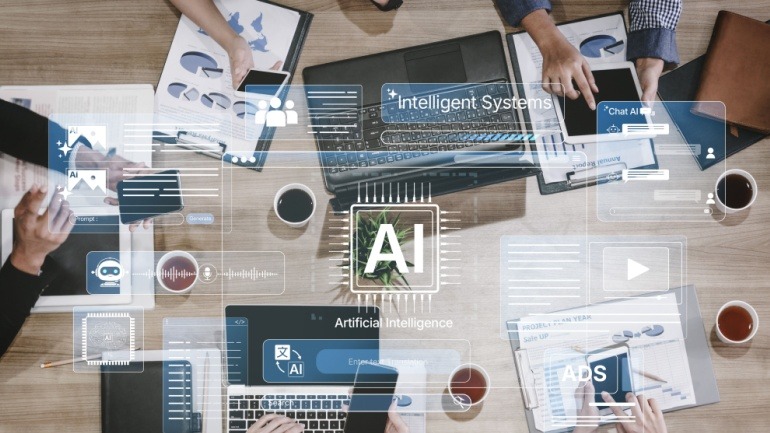Microsoft‘s Head of AI, Mustafa Suleyman, recently addressed skepticism surrounding artificial intelligence. On X, he expressed his surprise over such cynicism, emphasizing AI’s feat of facilitating fluent conversations and generating images or videos, comparing it to the days of playing Snake on Nokia phones.
Despite Microsoft’s enthusiasm, the reality for enterprises is more complex. The issue lies not in AI itself but in its reliable execution. Challenges reported with Windows 11 highlight concerns about fundamental functionality, which are crucial for organizations that rely on stable, critical systems.
This reliability issue contributes to widespread caution. Organizations express hesitance over AI’s role in distributed and mission-critical environments, concerned about potential business disruptions and increased support demands. This concern is further compounded by perceptions of forced adoption, where customers feel AI integration is more obligatory than desired.
Some view Microsoft’s strategy as prioritizing innovation over readiness. Instances like AI-first features introduced without demonstrated value and privacy concerns surrounding AI systems have intensified doubts. For CIOs and CISOs, this accelerative approach poses risks, and they prioritize stability and predictability over cutting-edge appeal.
Looking forward, three main factors are shaping decisions: trust as an essential performance metric, organizational readiness, and AI’s evolving role within Microsoft’s ecosystem. Trust, often slower to build than innovation, is essential for broad AI adoption. Satya Nadella noted a shift with AI now contributing significantly to code creation, indicating its growing role. However, enterprises recognize that deploying AI without aligning workflows, support, and governance can lead to more turbulence than transformation.
Currently, many of Windows 11’s AI features cater to consumers rather than enterprise-level needs. This is critical for sectors that are highly regulated or sensitive to security, affecting their adoption strategies. Buyers require clear use cases, security assurances, and proactive safeguards to prevent unpredictable AI behavior.
While Microsoft is ambitious in embedding AI within their OS, businesses seek more than technological inspiration. They demand reliability, transparency, and choices that ensure AI is a dependable aspect of their operations. The ultimate breakthrough will be an AI system that organizations trust enough to integrate deeply into their operations.







